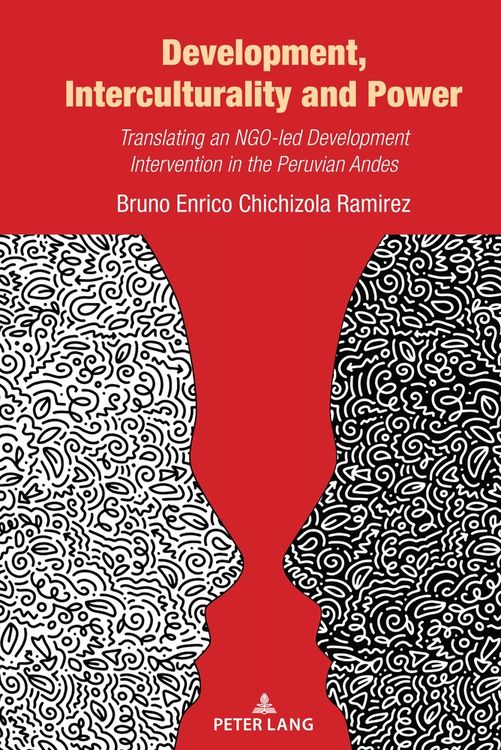Development, Interculturality and Power Translating an NGO-led Development Intervention in the Peruvian Andes
91,55 €
inkl. MwSt,
Lieferung nach Hause
Beschreibung
Details
Einband
Gebundene Ausgabe
Erscheinungsdatum
30.05.2022
Abbildungen
Illustrationen, nicht spezifiziert
Verlag
Peter Lang Publishing Inc. New YorkSeitenzahl
138
Maße (L/B/H)
23,1/15,5/1,3 cm
Gewicht
301 g
Auflage
1. Auflage
Sprache
Englisch
ISBN
978-1-4331-9152-7
It targets three different groups. First, for academics and students focused on exploring the encounter between the Andean communities and the industry of development, and more broadly for those focused on how divergent ways of knowing interact in the context of a development intervention, the author highlights the usefulness of the methodological tool used in this research to explore the overlapping realities converged in such types of interventions.
Second, for development practitioners promoting better ways to facilitate the political process of intercultural practice this book opens up a reflexive exploration of the barriers to unlock the potential of intercultural practices. Specifically, the author draws attention to built-in limits of a structure of development which may be unfitted to facilitate processes with the capacity to attend to the complicated ways target populations see their future.
Third, for policymakers aiming to promote intercultural practices, this research provides insights about the hurdles of such an enterprise. It provides fresh empirical findings to look at how power structures shape intercultural practice.
Unsere Kundinnen und Kunden meinen
Verfassen Sie die erste Bewertung zu diesem Artikel
Helfen Sie anderen Kund*innen durch Ihre Meinung
Kurze Frage zu unserer Seite
Vielen Dank für dein Feedback
Wir nutzen dein Feedback, um unsere Produktseiten zu verbessern. Bitte habe Verständnis, dass wir dir keine Rückmeldung geben können. Falls du Kontakt mit uns aufnehmen möchtest, kannst du dich aber gerne an unseren Kund*innenservice wenden.
zum Kundenservice
